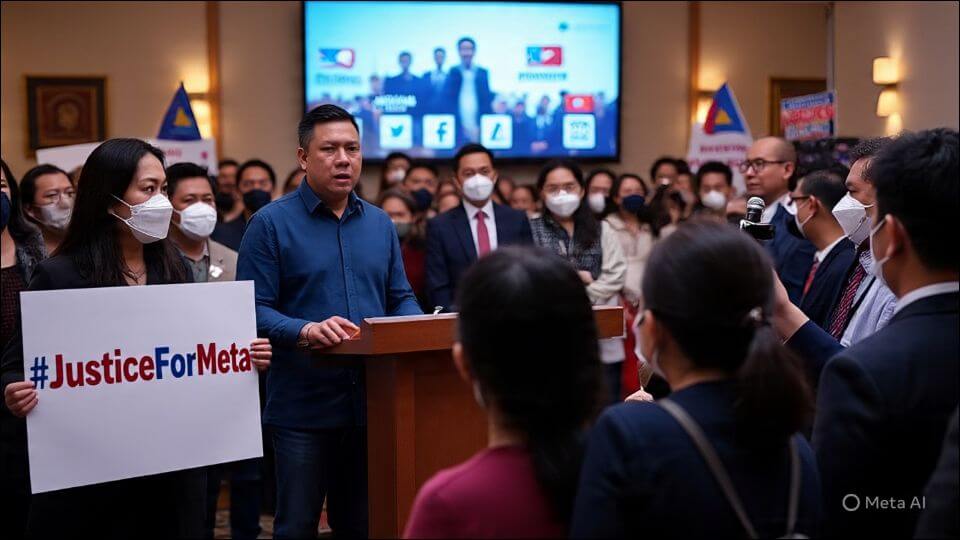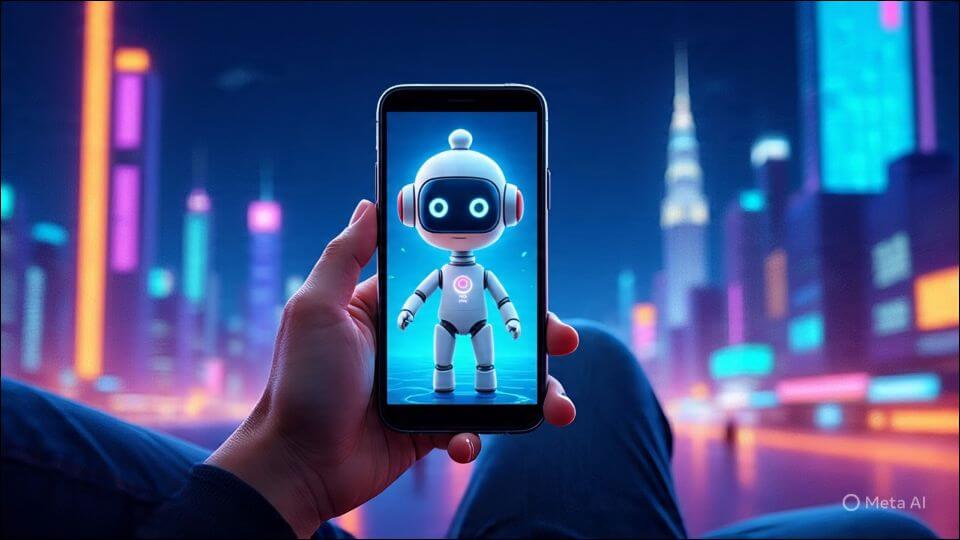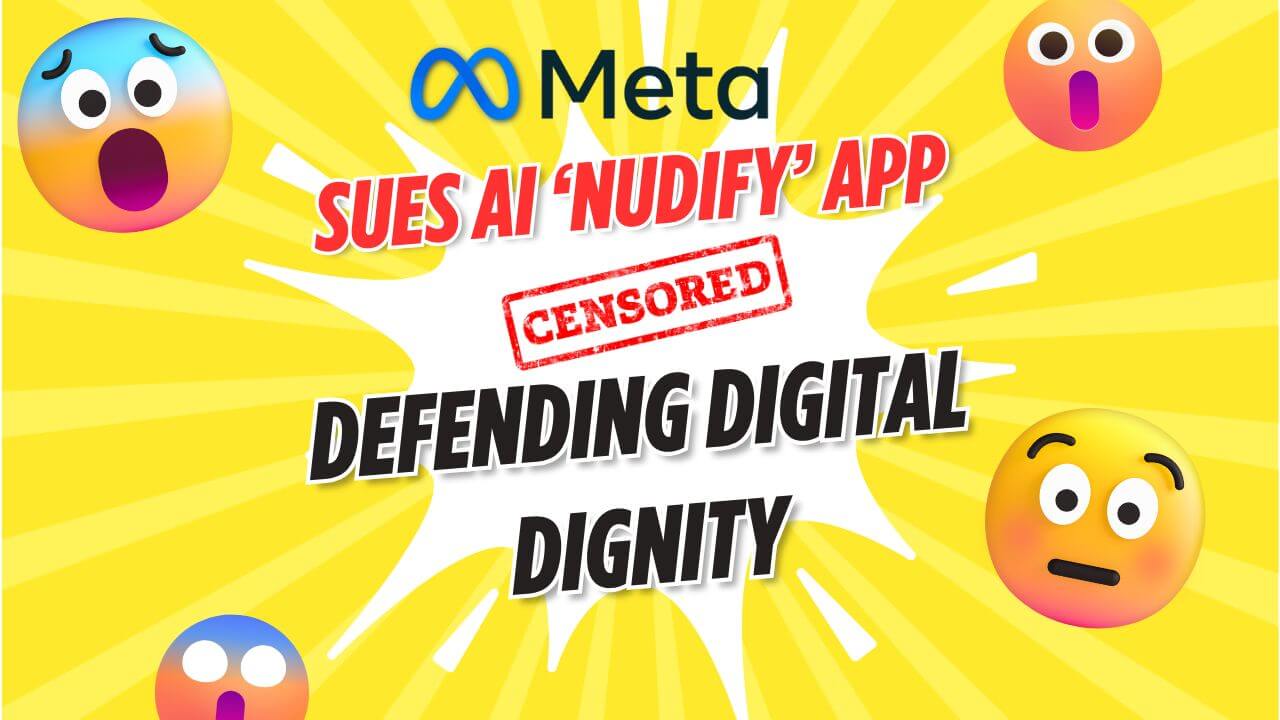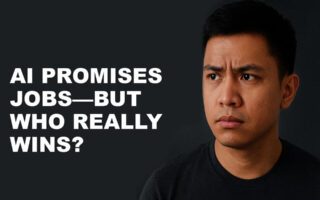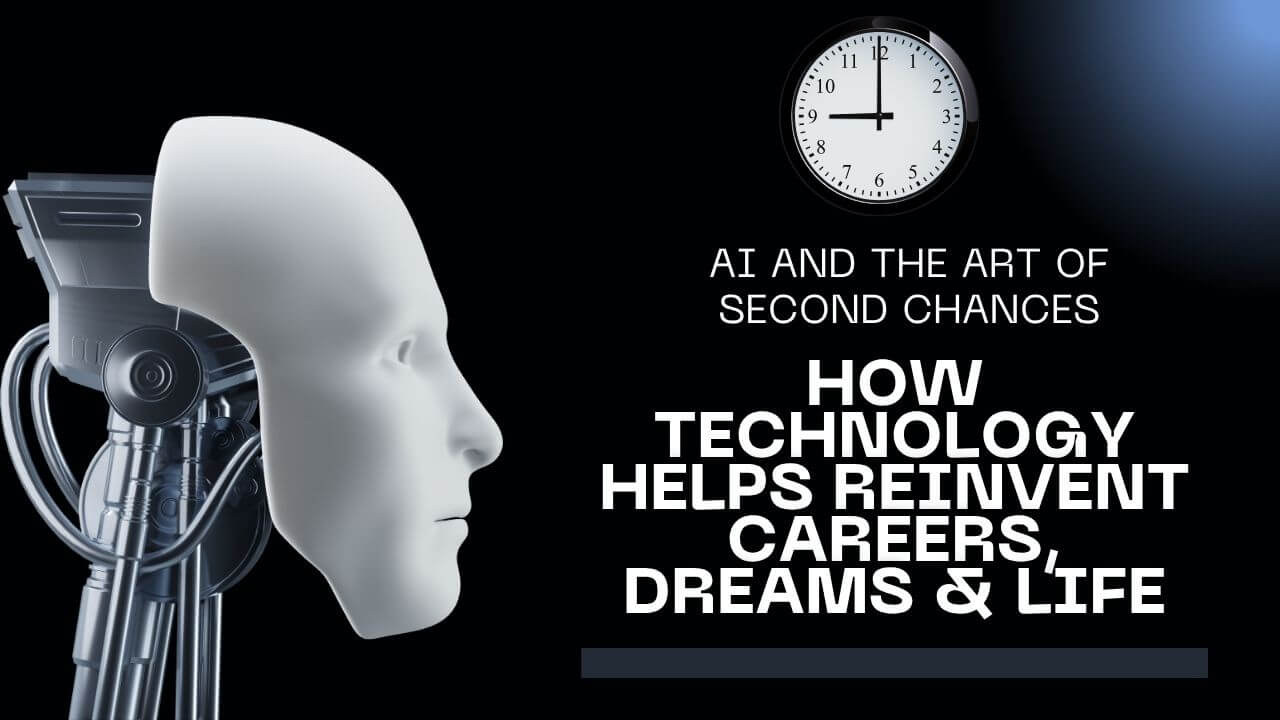What Zuckerberg’s AI Vision Means for Filipino Agency
In a recent MSN Technology article, Mark Zuckerberg unveiled Meta’s evolving AI strategy—not to replace humans, but to augment them. His pitch centers on “personal superintelligence”: AI assistants that learn your context, preferences, and goals to help you think faster, create better, and act smarter. Rather than competing with human intelligence, Meta aims to embed AI into everyday life—via smartphones, smart glasses, and wearables—turning ordinary users into “superhumans.”
Mark Zuckerberg wants to make you superhuman. Not by replacing you with AI, but by giving you your own personal superintelligence—a digital co-pilot that learns your habits, anticipates your needs, and helps you think faster, create better, and act smarter.
It’s a seductive pitch. But for Filipinos navigating load promos, unstable Wi-Fi, and government training modules that still teach Excel 2003, the question isn’t “how superhuman?” It’s “whose agenda is this superintelligence really serving?”
🧠 The Promise: AI as Personal Infrastructure
Zuckerberg’s vision, as outlined in recent interviews, centers on context-aware AI embedded in everyday devices—smartphones, smart glasses, and eventually wearables. These assistants won’t just answer questions; they’ll know your schedule, your tone, and your goals. They’ll help you write, design, negotiate, and even think.
Meta is betting on open-source models, positioning itself as the “accessible” alternative to closed systems like OpenAI. The idea? Democratize superintelligence. Make it personal. Make it yours.
🇵🇭 The Filipino Reality: Superhuman for Whom?
For Filipino freelancers, students, and sari-sari store owners, this could be revolutionary:
- 📱 Mobile-first AI that understands Taglish, local slang, and barangay-level context
- 🧑🎓 Real-time coaching for job interviews, pitches, or even DepEd modules
- 🛠️ Creative augmentation for artists, cosplayers, and micro-entrepreneurs
- 🧵 Silent leverage for those building empires quietly—without the flex
But let’s not get carried away. Superhuman doesn’t mean sovereign.
🧠 The Catch: Supermarket Logic in Disguise
To function, personal superintelligence needs deep access to your data—your messages, your voice, your decisions. That’s not just personalization. That’s platform colonization.
Meta’s real business isn’t empowerment. It’s attention extraction. Your superhuman assistant may help you write a killer pitch—but it’s also learning how to sell you more ads, more dopamine, more dependency.
And in a country where digital literacy is uneven and privacy laws are weak, this isn’t just a tech issue. It’s a public health risk.
🧭 The Quiet Countermove: Agency Over Augmentation
At AIWhyLive, we’re not anti-AI. We’re anti-performative empowerment. So here’s the real challenge:
Can Filipino users adopt superintelligence without becoming super-consumers?
Can we build community-owned AI tools that serve local needs, not global algorithms? Can we teach youth to use AI for quiet leverage, not loud hustle? Can we design systems that compound dignity, not just productivity?
🧠 Final Take: Don’t Just Wear the AI—Wield It
Zuckerberg’s pitch is clever. It reframes AI from threat to tool, from replacement to augmentation. But for Filipinos, the real superpower isn’t having a smarter assistant. It’s having the freedom to choose how, when, and why we use it.
So before we strap on the smart glasses, let’s ask: Are we becoming superhuman—or just another SKU in the global AI supermarket?
🧒 Too Cryptic? Explain Like I’m 12
Imagine you have a super-smart robot friend. It knows your schedule, your favorite snacks, your mood, and even how you like to write your essays. It helps you finish homework, design posters, and reply to messages faster than ever.
Cool, right?
But here’s the catch: To help you, the robot needs to watch everything you do. It listens, learns, and stores your habits. Then it shares that info with the company that built it—so they can sell you stuff, or sell you as data.
So the question is:
Are you getting smarter—or just being watched better?
That’s what we mean by superhuman vs. supermarket. AI can help—but only if you’re the one in control.


